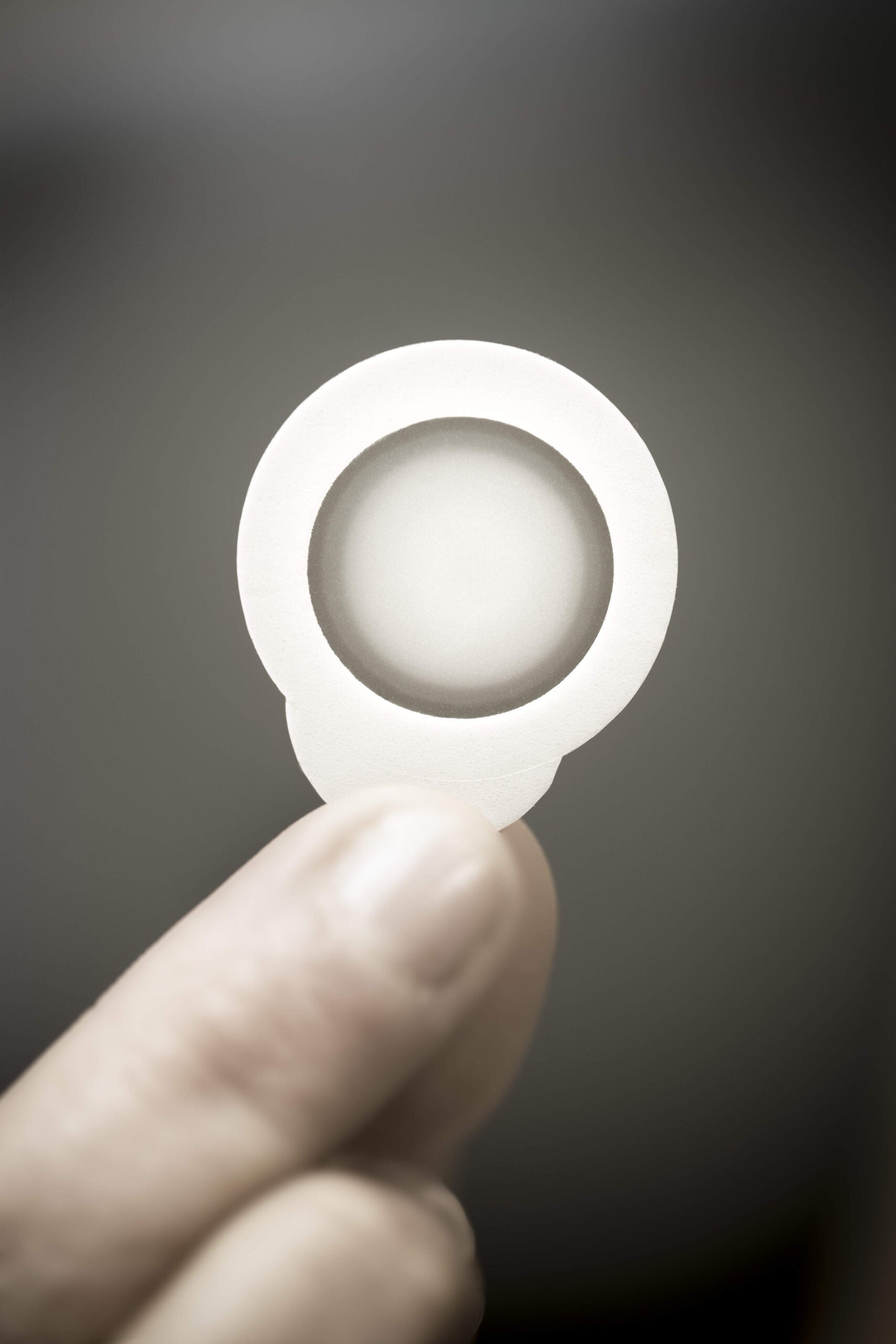
French biotech DBV Technologies has been granted permission to seek approval from the US Food and Drug Administration (FDA) to sell its experimental peanut allergy patch, dubbed Viaskin.
The decision is somewhat unusual given that the product showed disappointing results at clinical trials. The final stage study, called Pepites, showed the treatment to safely and effectively decrease patients’ susceptibility to peanuts, with 35.5% of patients responding to Viaskin after 12 months of treatment compared to 13.6% of those taking placebo. However, the primary aim of attaining a 15% confidence interval in the difference in response rates between the active and placebo arms was not reached.

Discover B2B Marketing That Performs
Combine business intelligence and editorial excellence to reach engaged professionals across 36 leading media platforms.
Despite this setback, the FDA said ‘the available efficacy and safety data’ supports the submission of the application, and granted the biotech fast-track and breakthrough-therapy designations which allow for expedited review. Contrary to standard procedure, the FDA did not hold its usual meeting prior to the submission of the biologics license application.
DBV said it received the FDA’s response after providing clinical data to the agency, including results from Pepites alongside findings from two other successful trials of the treatment. Following the application’s approval, DBV’s stock achieved its biggest gain on record, rising as much as 44% in Paris trading and marking the company’s steepest intraday increase since 2012.
The accelerated route granted by the FDA requires the drug manufacturer to conduct post-approval trials for the treatment’s efficacy, and to include a statement on any labelling that the clinical benefit of the drug in unestablished. However there is still, understandably, some trepidation surrounding a fast-track approval process. Past examples of approved drugs later proven to be unsafe include Vioxx, Propulsid, Baycol, FenPhen and Rezulin, which showed undesirable side effects and were recalled.
If given FDA approval, DBV would be able to bring Viaskin to market. The biotech has plans to launch the treatment for paediatric patients in the latter half of 2018, aiming to get ahead of rival companies Aimmune Therapeutics and Regeneron Pharmaceuticals, which are collaborating to develop a treatment for peanut allergies. Initial results from their late-stage trial are due to be released this month.

US Tariffs are shifting - will you react or anticipate?
Don’t let policy changes catch you off guard. Stay proactive with real-time data and expert analysis.
By GlobalDataA similar case to Viaskin is Tetraphase’s drug eravacycline, a treatment for complicated urinary tract infections (cUTI). Its IGNITE3 clinical trial failed to meet the co-primary endpoints of responder rate in the microbiological intent-to-treat population at the end-of-IV treatment visit, and at the test-of-cure visit.
However, the company is continuing to move forward with studies, preparing for the commercialisation of eravacycline as a treatment in both the US and Europe pending regulatory approvals. A new drug application (NDA) is currently under review with the FDA while a marketing authorisation application (MAA) is under review with the EMA.





